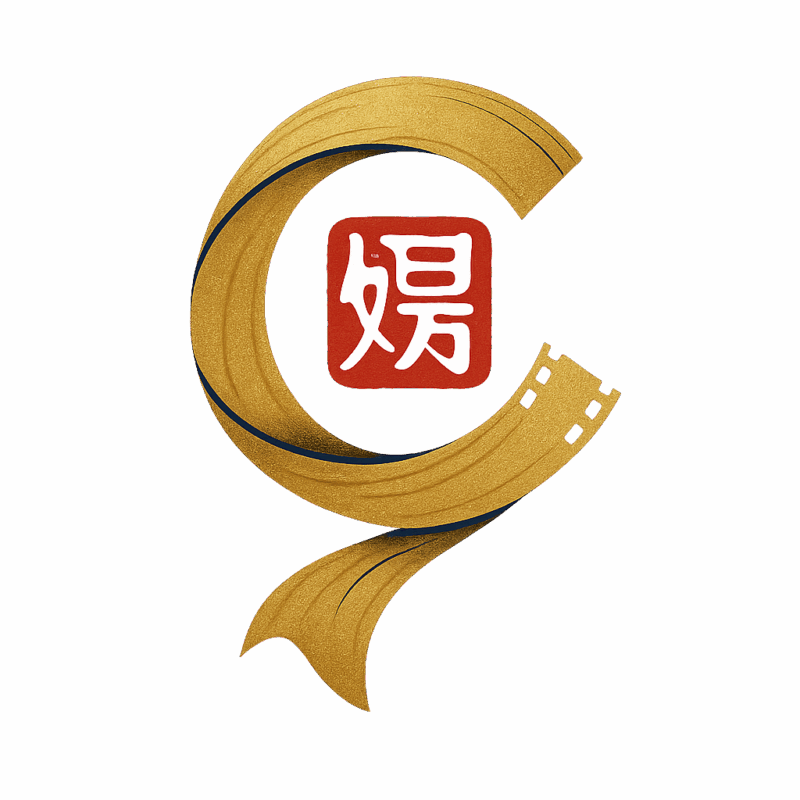Identity, Controversy, and Cultural Meaning
1. Personal Background and Identity Assertion
朱孝天 (Ken Chu), the Taiwanese-born actor who gained fame as “Xi‑men” in Meteor Garden and member of F4, has repeatedly emphasized his Chinese cultural identity, stressing that despite not growing up in mainland China, he always considered himself “中国人”. Born into a family whose ancestors came from Shandong and moved to Taiwan in 1949, he has long felt rooted in shared cultural and historical heritage, which shaped his views on national identity.
Recently, during a live stream, he recalled childhood schooling in Taiwan where people referred to Taiwan as “台湾省”, and he said he “always thought Taiwan was a province”. This seemingly offhand remark triggered intense debate, as it touched upon politically sensitive terrain—about sovereignty, national identity, and cross‑Strait relations.
2. The Live Statement: “Taiwan Is A Province of China”
During a casual livestream,朱孝天 bluntly stated that “Taiwan Is A Province of China”, linking his childhood perception shaped by education and media to the formal identification on his national ID, which he said reads “中国台湾省”.
He further explained that his past impressions of mainland China were largely influenced by schooling, and only after moving and working in the mainland in his twenties did he encounter its culture and people firsthand—prompting him to question whether earlier views had been biased or misleading.
This candid reflection—that Taiwan was taught to him as a province, not a sovereign nation—echoes a broader tension faced by many Taiwanese raised under different political narratives.
3. Reactions and Public Discourse
Mainland Reception
Mainland Chinese audiences largely embraced his statement as affirmation of the One China view. Many netizens praised his expression of cultural unity and viewed his words as a welcome endorsement amid ever‑heated cross‑Strait discourse.
Taiwan and Overseas Response
By contrast, in Taiwan and among overseas Taiwanese communities, the comment triggered criticism. Some accused him of negating Taiwan’s separate identity, labeling the remark as dismissive or insensitive toward Taiwan’s complex historical and contemporary status.
Commentators noted that public figures from Taiwan often become political symbols, and bold statements about Taiwan’s status carry intense scrutiny on both sides of the Strait.
4. Historical and Legal Context: Province? Sovereign?
Republic of China Education
Many Taiwanese who grew up decades ago studied under Republic of China textbooks, which referred to Taiwan as 台湾省 and presented the mainland as a part of that national framework. Zhu describes this upbringing experience as initializing his long-held belief.
One-China Framework
The “1992 Consensus” stated by cross‑Strait negotiators holds that both sides agree on One China, but interpret it differently (“一中各表”)—a foundation for many unification-oriented perspectives. Under the People’s Republic of China, Taiwan is officially regarded as one of its provinces, and public declarations like Zhu’s align with that legal and political position.
In contrast, Taiwanese sovereignty advocates challenge that framework, highlighting Taiwan’s distinct democratic government, separate legal system, and international relationships—which many view as de facto independence.
5. Zhu Xiaotian’s Motivations: Belonging, Nostalgia, or Strategy?
Cultural Nostalgia vs Political Statement
In earlier interviews, Zhu described his identity crisis in terms of “乡愁”—a sense of longing for roots spanning varying geographies: Taiwan, Singapore, mainland China, and overseas experiences. He said his comments were not intended as political declarations but personal reflections rooted in emotional and cultural heritage.
Career and Economic Considerations
Observers pointed out that Zhu’s emphasis on being “中国台湾省” may also reflect pragmatic adaptation to the mainland entertainment market, where alignment with the One China principle may open opportunities. Writers noted that for Taiwanese artists in mainland China, expressing pro‑unity views may be seen as prudent career positioning.
6. Broader Implications: Identity, Politics, and Public Figures
Identity Complexity in the Cross‑Strait Context
Zhu’s case underscores how identity in the Taiwan‑China sphere is both personal and political, shaped by upbringing, education, and evolving self-awareness. For those raised in Taiwan under ROC textbooks but later immersed in mainland culture, the question “where do I belong?” can become deeply fraught—even more so for public figures.

